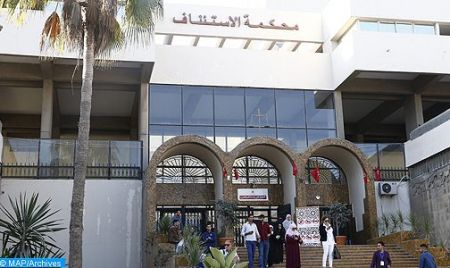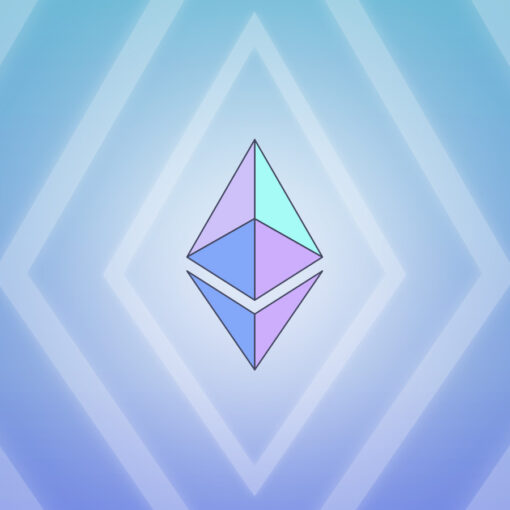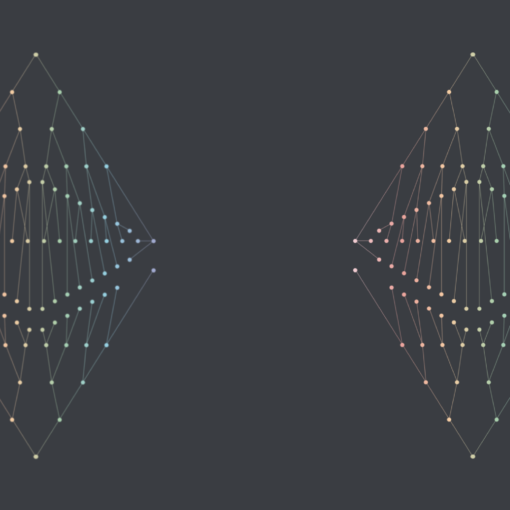[ad_1]

After scoping the Pectra fork, a successful interop event and four devnets, we’re now launching the first short-lived Pectra testnet: Mekong!
The Mekong testnet includes all the EIPs proposed for the upcoming Pectra fork on Ethereum. These changes include UX changes via EIP-7702, Staking changes via EIP-7251, changes to the deposits and exit mechanisms via EIP-6110/ EIP-7002 and more. An exhaustive list of the EIPs as well as specifications implemented can be found here.
Mekong is meant to be a playground for wallet developers to experiment with UX changes and for stakers to gain confidence in the upcoming changes. The testnet will be short-lived and is feature complete with all the intended EIPs for Pectra. We may see some minor spec changes or smaller EIPs, but the features included here will make it into existing public testnets and finally Ethereum mainnet.
Getting started
To get started with using Mekong, please visit the network’s landing page. There, you can add the network to your browser wallet, view block explorers, request funds from the faucet, and connect to a JSON RPC endpoint.
There are some UX-specific EIPs in this upgrade and we are really excited to see how wallets will make use of them. So please experiment with the changes and provide us with feedback. Some answers for commonly asked questions can be found here.
Running a node
Please follow the guide here in order to run a node on the Mekong testnet. As with Ethereum mainnet, you will need to run an Execution and Consensus layer node.
Stakers
There are some major changes to the staking workflow coming in Pectra and the Mekong testnet will be the first location to try them out. There are changes to the deposit and withdrawal methods, so please refer to the FAQ found here for more details. Please read the FAQ for information on how to activate a validator on Mekong.
Does this affect Ethereum Mainnet, Holesky or Sepolia in any way?
No. Mekong is a new testnet and does not affect other Ethereum networks. However, testing on Mekong will inform the deployment of the Pectra upgrade on other Ethereum networks.
As a non-staking node operator, what do I need to do?
Mekong is a new testnet, so you would not need to do anything if you run your node on Holesky/Sepolia or on Ethereum Mainnet. However, if you wish to run a node on the new network, use instructions and version of your Ethereum client listed in the link here.
As a staker, what do I need to do?
Please refer to the section “As a non-staking node operator, what do I need to do?” to first run a node. Then you may perform a deposit and run a validator on the new Mekong network.
We recommend reading the Pectra FAQ. There is some information about basic actions you may want to perform as a staker.
As an application or tooling developer, what should I do?
Application and tooling developers should review the upgrade changes to ensure any fixes are done, or to understand how to use newly introduced functionality.
Wallet developers should review the upgrade, specifically for EIP-7702 to ensure the latest features are supported.
Why “Mekong”?
The Devcon taking place before the Pectra upgrade will be held in Southeast Asia. We wanted to select a name that resonates with this location. The Mekong River, which flows through several Southeast Asian countries, seemed like a fitting choice.
My question wasn’t answered, Where can I go?
We would recommend reading the complete FAQ here. If your question is still unanswered, please ask in one of these locations:
Cover image by Jules Nehlig
[ad_2]
Source link





 Bitcoin
Bitcoin  Tether
Tether  XRP
XRP  USDC
USDC  Lido Staked Ether
Lido Staked Ether  Dogecoin
Dogecoin  LEO Token
LEO Token